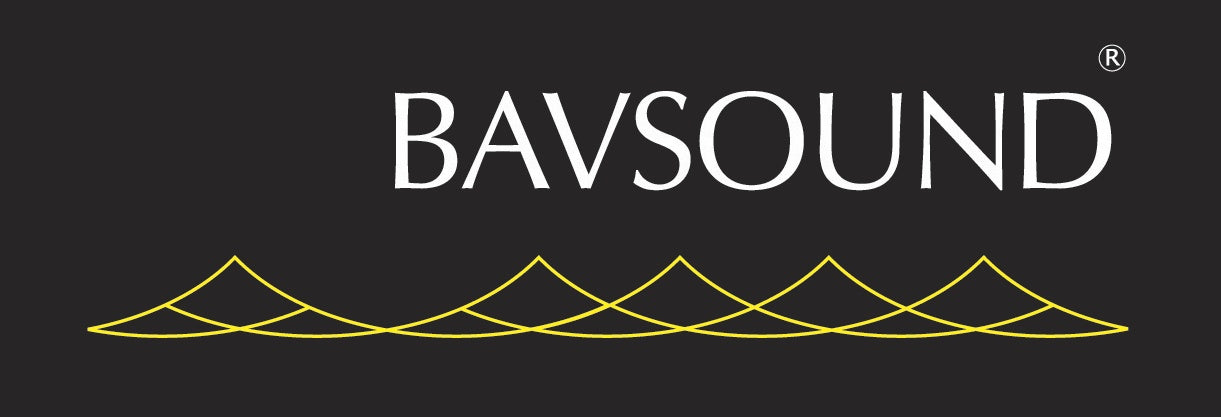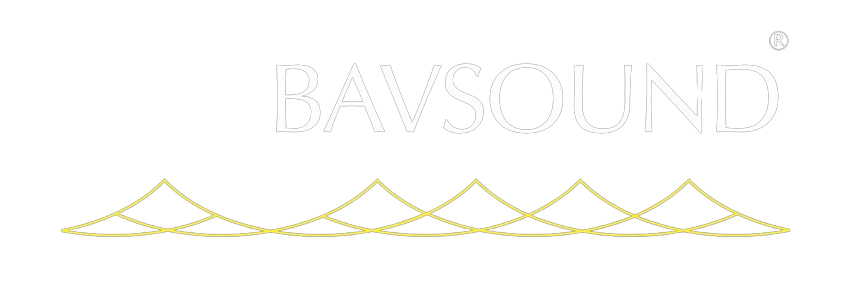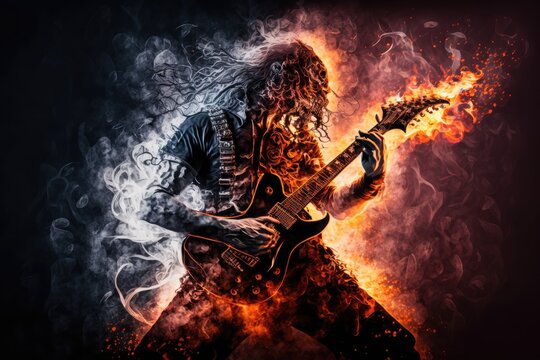You're cruising down the open road, immersed in the melodic symphony of your favorite tunes, when suddenly, an unpleasant crackle disrupts your audio nirvana. Blown speakers strike again! But what's the real culprit behind this audio tragedy? In this thought-provoking and informative blog post, we'll unravel the mystery of how distortion causes blown speakers and equip you with the knowledge to protect your precious BMW car audio system. Buckle up for an electrifying journey into the world of sound and prevention!
I. The Villain Unmasked: Distortion and Its Devastating Effects
- The Ugly Sound of Distortion: Distortion occurs when an audio signal is altered or distorted from its original form. It's like wearing a pair of glasses with smudged lenses—everything becomes blurred and unpleasant to the ears. Distortion can strain your speakers, leading them down the path to failure.
- Overdriving Disaster: Overdriving your speakers by cranking up the volume to the extreme can push them beyond their limits. When the amplifier sends a signal that exceeds the speaker's capacity, distortion becomes a vicious enemy, causing stress and damage to the delicate components.
- Clipping Catastrophe Strikes Again: Clipping, a form of distortion, happens when an amplifier is pushed to deliver more power than it can handle. This results in a distorted signal that is harmful to speakers, as they are forced to reproduce clipped waveforms that can lead to premature failure.
- The Phantom of Harmonic Distortion: Harmonic distortion creeps in when multiple frequencies combine to create an unnatural sound. It's like having a discordant choir in your speakers, which can generate excessive heat and put an immense strain on them.
- Beware of Cheap Imitations: Using low-quality audio files or poorly engineered recordings can introduce inherent distortion into the sound signal. These imperfections, though seemingly harmless, can accumulate and cause long-term damage to your speakers.
II. Protecting the Soundstage: Tips to Safeguard Your Speakers
- Mind the Volume: Resist the urge to constantly push the volume to the max. Be aware of the speaker's power handling capabilities and adjust the volume within safe limits. Remember, clarity over chaos.
- Amplifier Wisdom: Choose an amplifier that matches the power requirements of your speakers. Opt for a reliable and reputable brand that provides clean power without introducing excessive distortion.
- The Art of Gain Setting: Properly set the gain levels on your amplifier to avoid overdriving your speakers. Find the sweet spot where the audio signal remains clean and distortion-free.
- Tame the Clipping Beast: Keep an eye on the amplifier's clipping indicators or use an audio signal processor to monitor and control clipping. Avoid reaching the threshold where distortion takes over.
- Quality over Quantity: Invest in high-quality audio files and recordings to ensure a pristine signal. Avoid low-bitrate files or poorly mastered tracks that may introduce unwanted distortion.
Blown speakers can quickly turn our audio dreams into a cacophony of disappointment. By understanding the villainous role of distortion and implementing preventive measures, we can shield our cherished BMW car audio systems from its destructive grasp. Let's embark on this audio adventure armed with wit, knowledge, and a determination to preserve the purity of sound. Remember, in the symphony of car audio, it's the absence of distortion that allows every note to shine, and your speakers to sing harmoniously for years to come.
To get your Bavsound Speaker upgrades Click Here!





Share:
Sound Waves and Driving Pleasure: Unveiling the Best Audio Files and Streaming Sources for BMW Enthusiasts
From Roaring Engines to Silent Ears: Decibels and the Price of Sound